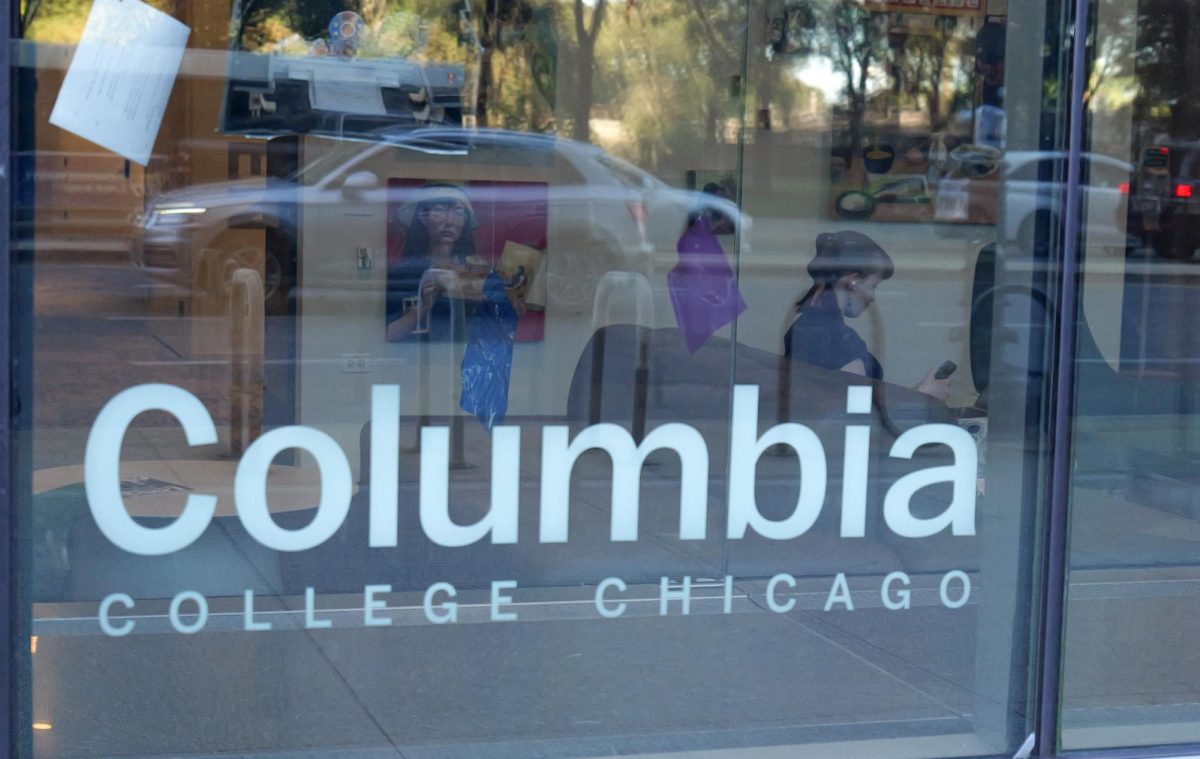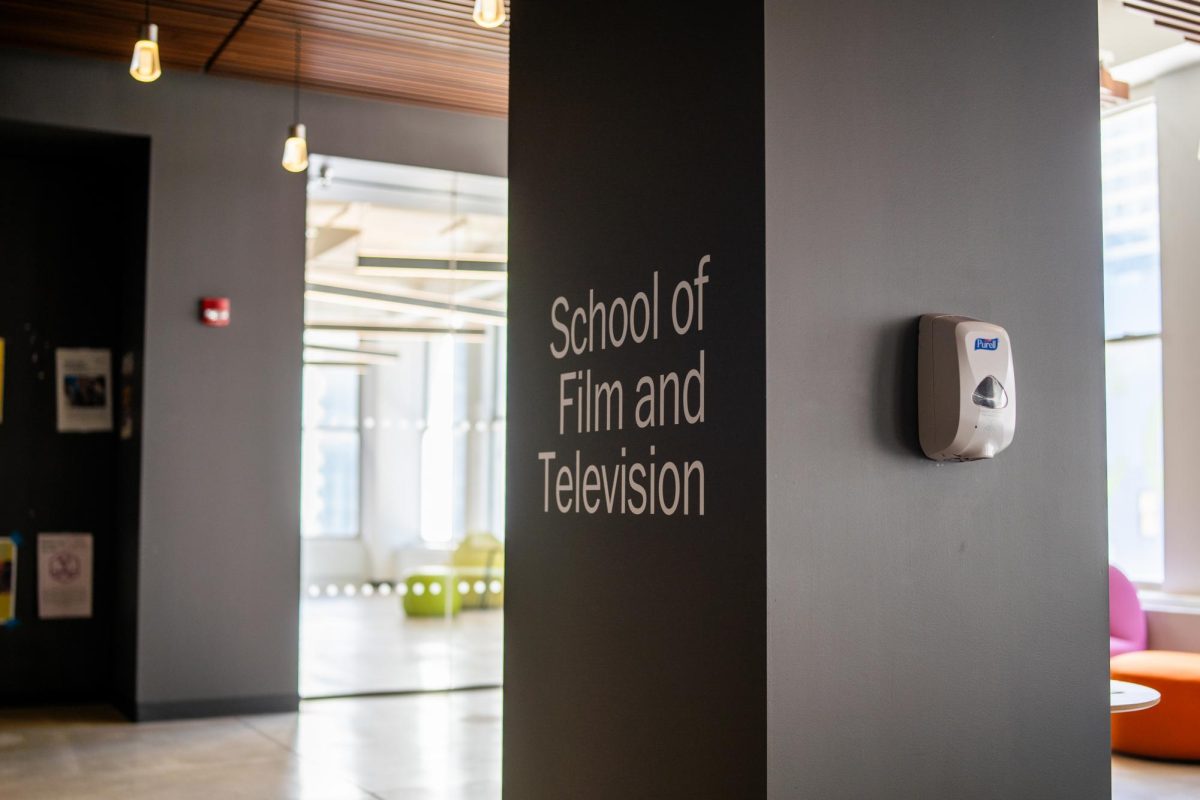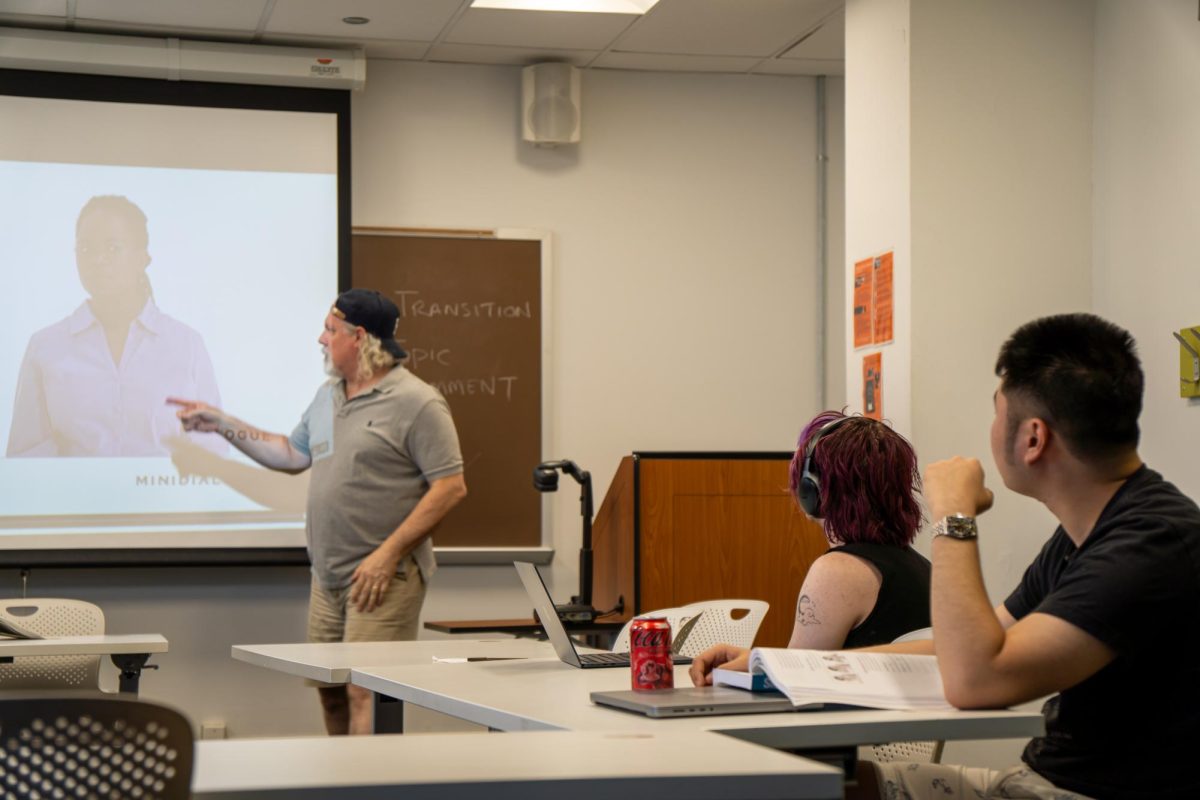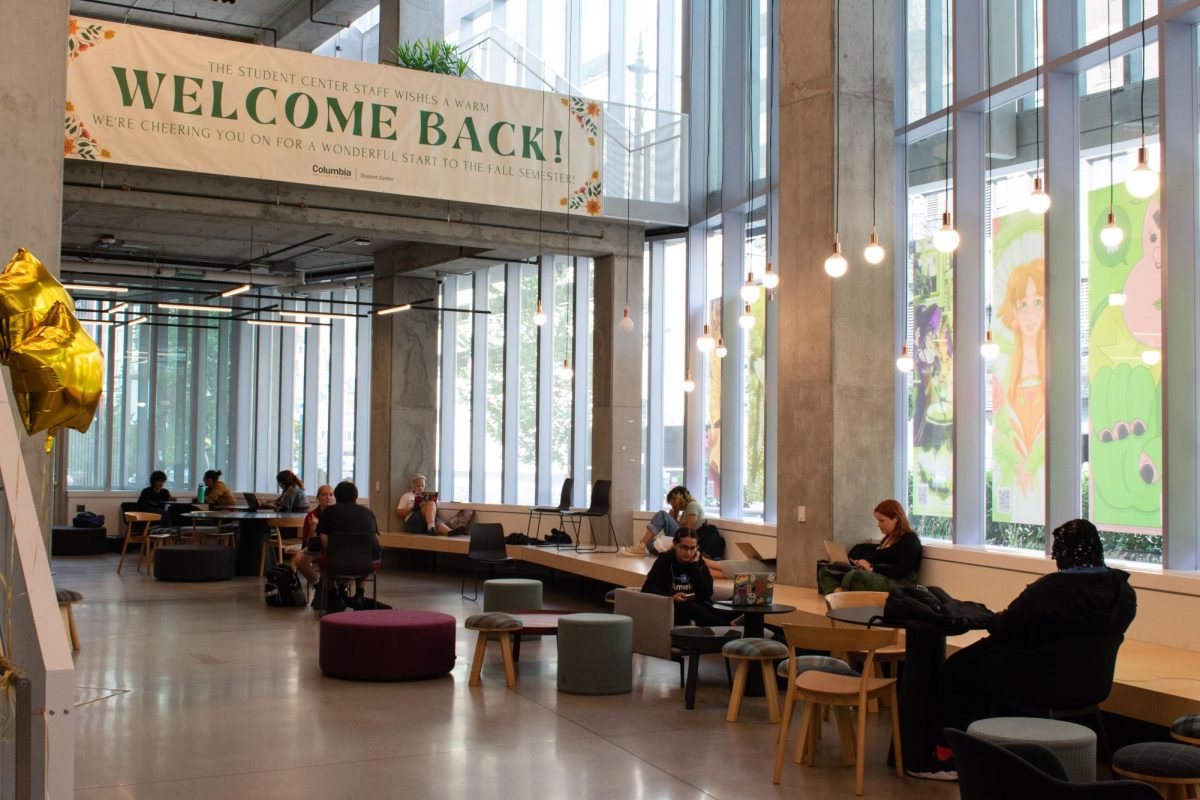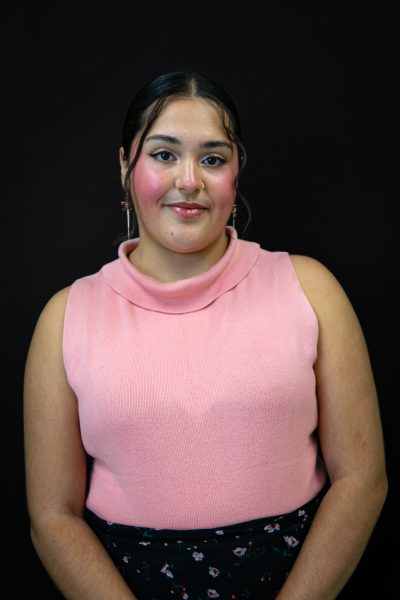The college underwent major changes throughout the summer while most students were on summer break, including a reduction in the core courses required, staff layoffs and buyouts and the merger of departments into schools.
The Chronicle reported on these events during the summer. Here is everything you need to know.
Reducing the Core Curriculum:
In May, the college’s Board of Trustees approved former President and CEO Kwang-Wu Kim’s recommendation to reduce the core curriculum requirements from 42 to 30 credits.
The new requirements applies to first-year students in Fall 2024 and to students who already have completed 30 core credits in the specified categories. The college emailed all returning students this summer to update them on their graduation requirements.
Elimination of departments, introducing schools:
The college eliminated four schools headed by deans and replaced them with eight new schools led by directors.
The School of Design, led by former School of Media Arts Dean Tom Dowd, merged the animation, environmental and sustainability studies, graphic design, interior architecture and immersive media programs.
The School of Visual Arts, led by interim director Duncan MacKenzie, includes photography, illustration, fine arts and art history programs.
The School of Communication and Culture, led by interim director Ames Hawkins, includes the former English and Creative Writing, American Sign Language, Communication and Humanities, History and Social Sciences departments.
Other programs in the former Communication Department, including advertising, public relations and social media and digital strategy, relocated to the School of Business and Entrepreneurship, which is headed by Gerardo Brindisi.
The other new interim directors are:
- Associate Professor Ben Sutherland, former chair of the Audio, Arts and Acoustics department, for the School of Audio and Music;
- Professor Jimmy Noriega, former chair of the Theatre Department, for the School of Theatre and Dance;
- Associate Professor Eric Scholl and Professor Wenhwa Ts’ao, former interim co-chairs of the Cinema and Television Arts Department, will be interim co-directors for the School of Film and Television; and
- Professor Colbey Reid, former chair of the Fashion Studies department, who will be the director for the School of Fashion.
The college also named Suzanne McBride, former dean of the Graduate School, to be dean of Faculty Affairs, and Steven Corey, former dean of the School of Liberal Arts and Sciences, to be dean of Academic Operations and Programming.
Rosita Sands, the former dean of the School of Fine and Performing Arts, was named special advisor for DEI initiatives.
That means all of the former school deans still hold administrative positions.
Former president resigned:
Kim’s last day at the college was July 1. He moved out of his presidential residence in the Gold Coast, and the college has now said it plans to put the property on the market this fall.
Jerry Tarrer, former vice president and chief financial officer, became the interim president and CEO on July 2.
Faculty layoffs and buyouts:
The college laid off 70 staff across campus in May, including four therapists in the Counseling Center, four librarians, two academic advisors and nine staff members in the tutoring office. Six people who work in student financial aid also lost their jobs. In these layoffs, 53 staff union members lost their jobs. The union is in the process of negotiating a new contract with the college.
The largest job cuts were made to the Academic Center for Tutoring, Student Financial Services and the Counseling Center. The Counseling Center was not previously reported in Kim’s recommendations for cuts.
The college also offered 18 full-time faculty members a buyout through the college’s Voluntary Separation Incentive Program.
The buyouts were offered to select full-time faculty in the former Science and Mathematics, English and Creative Writing, Humanities, History, and Social Sciences departments. It also offered buyouts to faculty in the former Creative Arts Therapies and Education programs.
The Voluntary Separation Incentive Program was aimed towards faculty who would most be affected by the reduction of core credits, as previously reported.
The college has not disclosed the names of the faculty, but the Chronicle has since reported on some of them.
Student Health Center closed:
The Health Center, which provided outpatient clinical evaluation, treatment of minor illnesses and injuries and triage or referral for more serious illnesses and injuries, closed on Aug. 16 after nearly two decades.
The college created a new Center of Student Wellbeing, merging the previous counseling services and Student Relations office into one space.
Mental health needs for students will now be addressed through the Center of Student Wellbeing and through TimelyCare, an on-demand health care support, licensed counseling, self-care resources and psychiatric services provider.
What students are saying:
Henry Golden, a junior film and television major, said the changes the college is going through is “a little scary.”
“’I’m not sure how much is going to affect me. It seems like it could have a huge effect or not much,” Golden said. “I feel like Columbia’s reputation has plummeted and it’s really sad. I’ve enjoyed my time here so far and the school and city has so much to offer but it really feels like it’s being squandered.”
Lukas Gandara, a junior audio arts major, said he is saddened by the layoffs of faculty and staff, including their “contributions over the years.” When it comes to core requirement reductions and the resignation of Kim, he “feels uncertain about the college’s future direction.”
“My hope is that we can soon find a sense of stability and clarity moving forward,” Gandara said.
Copy edited by: Angel Marie Guevara


